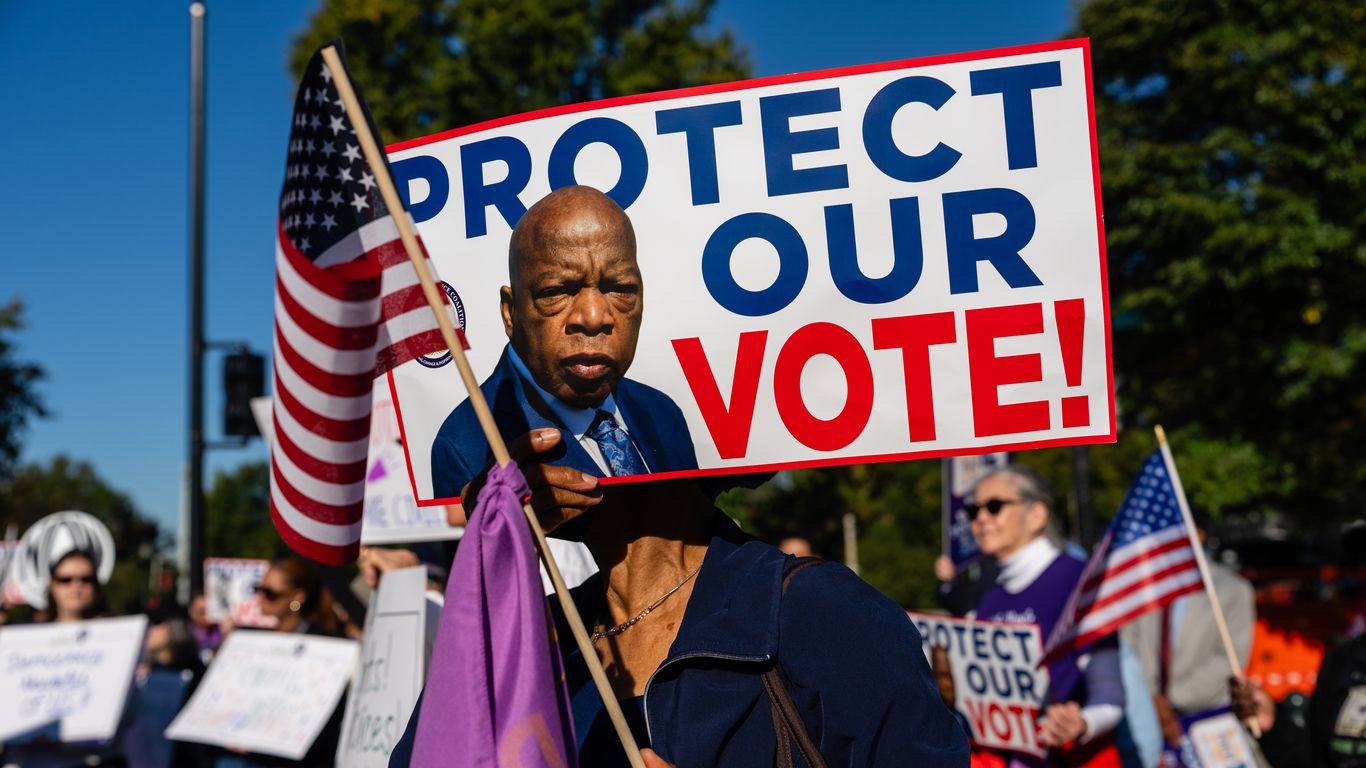
"Black voters sued, challenging the map under the Voting Rights Act, which prohibits disenfranchisement on the basis of race. Courts agreed that the map likely violated the Voting Rights Act. So Louisiana drew a new one, adding a second district of primarily Black voters. But then a group of self-described "non-African American" voters sued, claiming that adding the second majority-minority district had watered down their voting rights. The non-African-American voters seem likely to win."
"Chief Justice John Roberts and Justice Brett Kavanaugh joined their liberal colleagues just a few years ago to save that part of the Voting Rights Act, but seemed more skeptical today. "This Court's cases, in a variety of contexts, have said that race-based remedies are permissible for a period of time - sometimes for a long period of time, decades in some cases - but that they should not be indefinite and should have a end point," Kavanaugh said during oral arguments."
After the 2020 Census, Louisiana's legislature adopted a congressional map that included only one majority-Black district. Black voters sued under the Voting Rights Act, arguing the map diluted Black voting strength. Courts found the map likely violated the Act, and Louisiana produced a new map adding a second majority-Black district. A group of self-described "non-African American" voters then sued, claiming the additional majority-minority district diluted their votes, and appear likely to prevail. Some conservative justices argue the challenged provision of the Voting Rights Act is unconstitutional because it permits race-based policy, and key justices have signaled increased skepticism.
Read at Axios
Unable to calculate read time
Collection
[
|
...
]